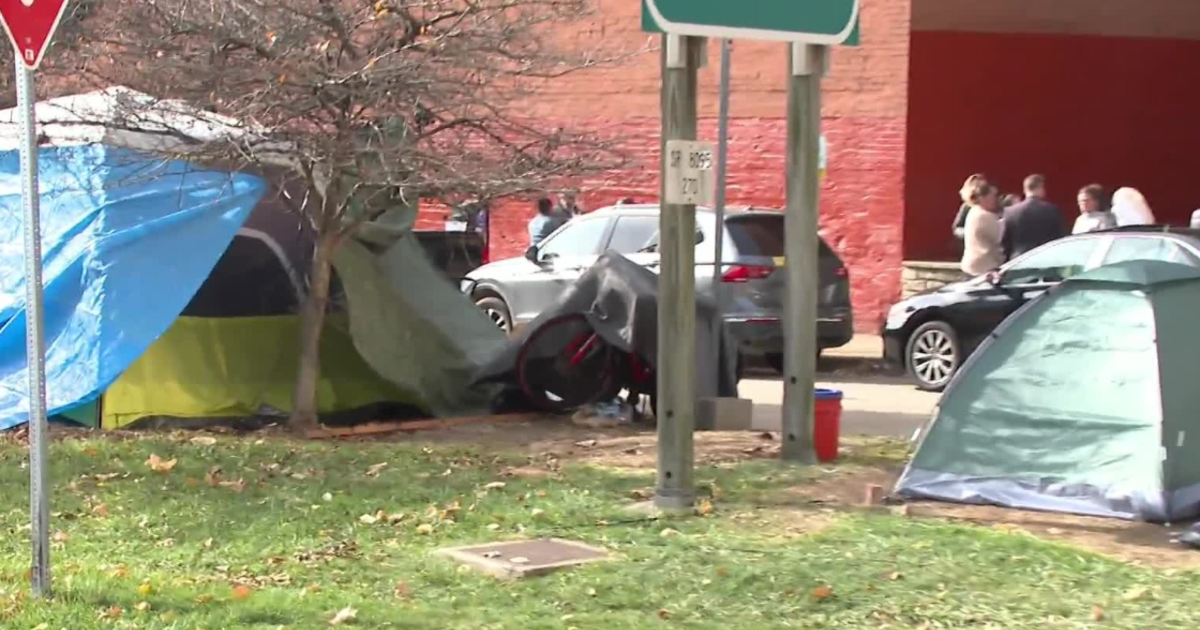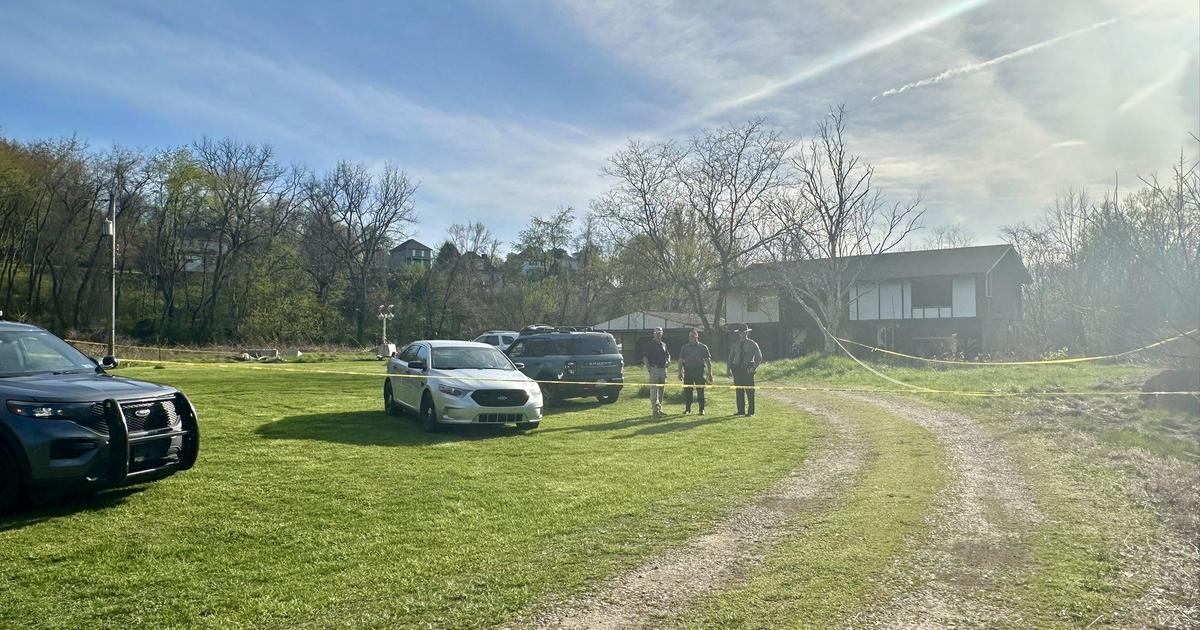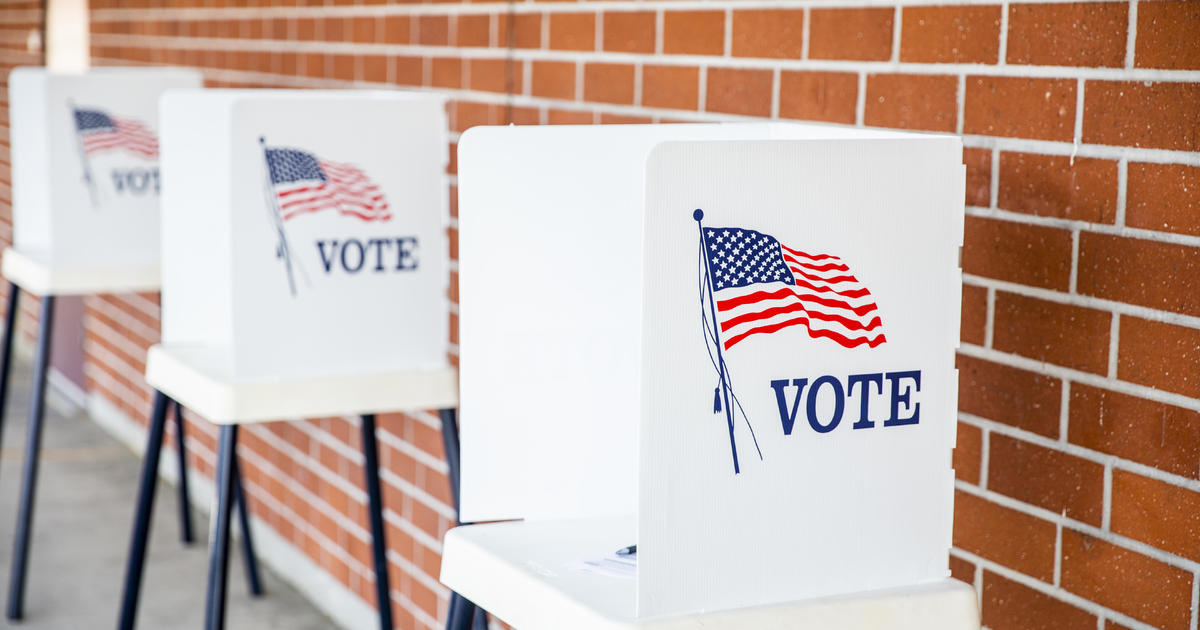U.S. Attorney Hickton To Co-Chair National Heroin Task Force
PITTSBURGH (AP) - The top federal prosecutor in Pittsburgh has been picked to co-chair a national Heroin Task Force as the city and its suburbs respond to 12 overdoses that killed two people this week.
The Justice Department announced Friday that U.S. Attorney David Hickton will lead the group along with Mary Lou Leary, Deputy Director for State, Local, and Tribal Affairs at the White House Office of National Drug Control Policy. U.S. Attorney General Eric Holder is inviting federal agency experts from law enforcement, medicine, public health and educational fields to join the group, which will meet for the first time April 28.
"The problem of opioid abuse cannot be solved by prosecution alone. We can't incarcerate our way out of this problem," said Hickton, who believes a "holistic" approach is needed.
Hickton is hoping the strategies developed by his U.S. Attorney's Working Group On Addiction last year can be expanded nationwide.
As Pittsburgh's federal prosecutor, Hickton oversees federal prosecutions in 25 western Pennsylvania counties. The working group met in April 2014 and issued a report on strategies to deal with drug addiction in September.
Hickton's group included physicians and drug treatment experts, social service agencies and even the parents of overdose victims along with law enforcement agencies.
Hickton created his group partly in response to a rash of heroin overdoses that killed at least 22 people in the four-county Pittsburgh area in January 2014. Those drugs were laced with fentanyl, a powerful, synthetic opiate. Federal statistics show heroin and legal drugs that are similar - opioids and synthetic substances used to treat pain or substance abuse - are becoming abused in ever-increasing numbers.
According to last year's White House Summit on the Opioid Epidemic, there were slightly more than 9,800 U.S. deaths in 1999 from heroin, cocaine and opioid analgesics - which include legal drugs related to or made from opium. Fewer than 2,000 were from heroin.
By 2011, the most recent year available, the overall number nearly tripled to 26,000 deaths. Opioid analgesic deaths more than quadrupled to almost 17,000 and heroin deaths more than doubled to nearly 4,400.
Leary, Hickton's co-chair, said the task force "will be reviewing evidence-based community prevention, health care, and law enforcement initiatives and identifying best practices that can be used across the country."
One simple solution that's become more prevalent is the use of naloxone, a substance paramedics can use to reverse the deadly effects of heroin. Pittsburgh police credited it with saving the lives of several of the dozen who overdosed in and near the city Tuesday and Wednesday.
Police charged two people early Friday with selling a particular street brand of heroin found at several of the recent overdoses, while the source of the fatal overdoses was still being investigated.
"It's certainly happening everywhere, but we've been particularly hard hit," Hickton said.
Join The Conversation On The KDKA Facebook Page
Stay Up To Date, Follow KDKA On Twitter
(© Copyright 2015 The Associated Press. All Rights Reserved. This material may not be published, broadcast, rewritten or redistributed.)



